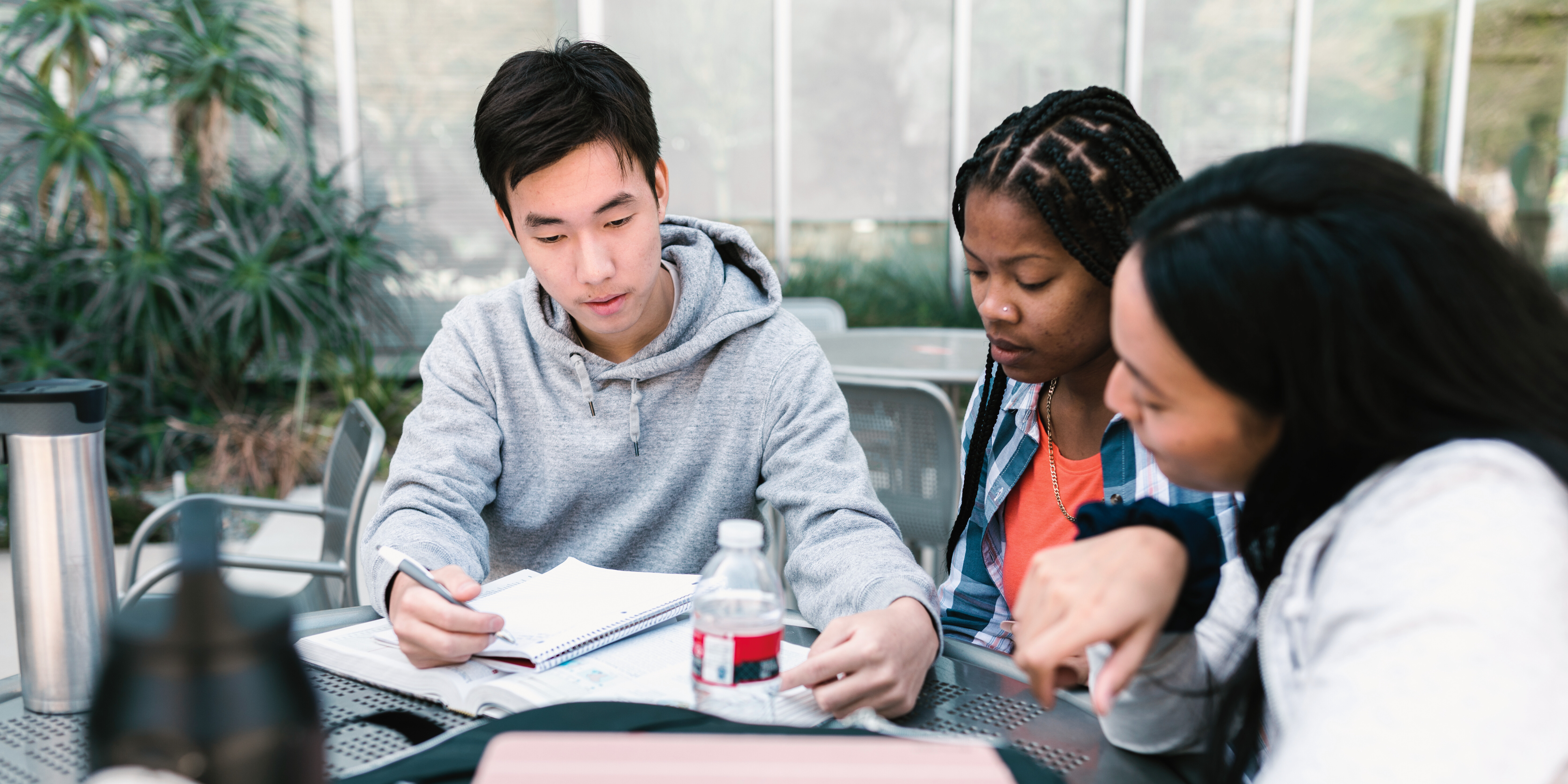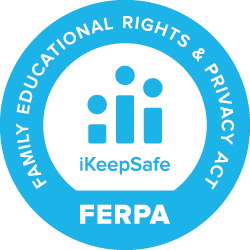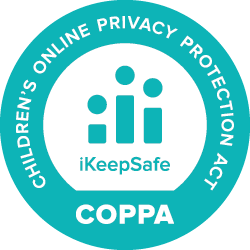JASON Learning, East Baton Rouge, & Louisiana State University (LSU)
To ensure the successful transition from high school graduation to community and technical colleges, four-year colleges and universities, and into careers, we must encourage and facilitate collaboration between K-12, higher education, and industry. Higher education is part of the journey that many students take to the world of work. Partnerships can provide students with access to a wider range of educational opportunities.
Higher education institutions can provide students with access to more advanced courses (Dual Enrollment or Advanced Placement), research opportunities, and mentorship from experienced faculty. Additionally, partnering with higher education institutions can help K-12 schools to develop more effective curricula and teaching methods, as well as access to resources and technology that may not be available in traditional school settings. For example, universities can partner with nonprofit organizations like JASON Learning to develop “localized” (locally relevant and project-based) curricula, professional development training, and other resources to support students’ pathways from K-12 directly into higher education programs.
If we know what our current workforce is, why don’t we design programs and pathways that align with those industries?
Dr. Sito Narcisse, Superintendent of East Baton Rouge Parish School System
An example of this type of collaborative partnership between a school district, nonprofit, and college is with JASON Learning, East Baton Rouge Parish School System (EBRPSS), and LSU College of the Coast and Environment (LSU CCE). In 2022, these three entities came together to create an environmental science pathway for a new focus choice school in East Baton Rouge (LA), the Eva Legard Center. With the support of a National Science Foundation (NSF) grant, this project entailed
- LSU CCE’s Dr. Hooper-Bùi creating new project-based, phenomena-based geoscience curriculum resources for 6th grade,
- JASON developing a list of environmentally-focused, hands-on resources aligned to the school district’s units of study and pacing guides from its existing library, and
- JASON resources represent an endless array of timely geoscience topics such as conservation, recycling, reducing your carbon footprint, ecological relationships, climate, water quality, wetlands restoration, microplastic pollution, and more.
- LSU and JASON working jointly to conduct a two-week training workshop for EBRPSS educators for use of new geoscience curriculum resources and JASON modules
EBRPSS is fast-tracking a new environmental neighborhood school called the Eva Legard Center and began with a first cohort of sixth-grade students in the fall 2022 semester—adding two grades per year for the next two years and then one grade per year for two years after.
The Eva Legard Center for Coastal & Environmental Studies is a focus choice school for students grades 6-12 in EBRPSS, designed for students interested in career fields in the following fields: technology, construction and manufacturing, medical and pre-med, transportation and logistics, and liberal arts and management. This school is an educational partnership with LSU and the Water Institute and will play a key role in addressing the needs of the environmental industry including conservation, wetland mitigation, environmental erosion, and ecosystems. The program’s goal is to develop and implement an instructional program that increases students’ awareness of the environment through a scientific lens.
By partnering with JASON Learning, the Eva Legard Center and LSU CCE are able to use existing curricula and develop new resources aligned with state standards and connect with LSU’s environmental science programs of study. JASON currently has >2350 activities, videos, games, and other student engagement resources related to geosciences which can be incorporated into the instructional models and aligned with Louisiana state science standards as well as national standards. Further, JASON can fill the gaps that are not yet covered by developing new curricular resources for environmental and geosciences.
For example, 6th-grade students must learn about the properties of matter—atoms and molecules—a subject that can incorporate resources from JASON’s Climate: Seas of Change curriculum where the students explore seawater/salt water and its properties with sodium chloride (Table 1. Louisiana Science Standard: 6-MS-PS1-1). However, if JASON did not have an activity or lesson aligned with one of Louisiana’s science standards, with funding, JASON’s curriculum team can develop it.
These partnerships ultimately better prepare and guide students from school into their postsecondary pathway of choice and increase their motivation, engagement, and skills so when they enter the workforce, they are career-ready.
If you are interested in partnering with JASON Learning to create more seamless transitions from K-12 to higher education, please send Jenna Davis, Director of Development, a message at jdavis@jason.org.



